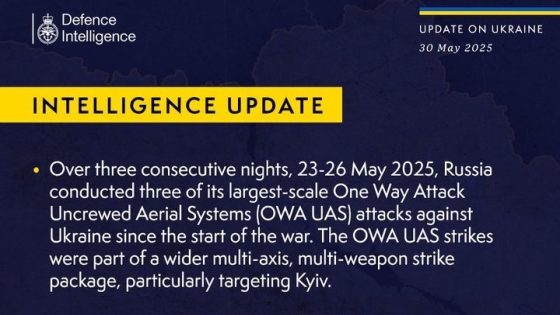Recent tensions between India and Pakistan have escalated into the heaviest fighting in decades, marking a significant moment in regional security. Following an attack in Indian Kashmir on April 22 that claimed 26 lives, India launched airstrikes against what it termed “terrorist infrastructure” in Pakistan. This conflict reached a critical point on May 10, when a ceasefire was announced after intense military engagements.
- India adjusted tactics after initial air losses
- Conflict began with April 22 attack
- New Delhi accused Pakistan of terrorism
- Indian jets targeted "terrorist infrastructure"
- Pakistan claimed to down six Indian planes
- Ceasefire announced after intense fighting
India’s highest-ranking general revealed that after initial air losses, India adapted its strategy, gaining the upper hand before the ceasefire. The rapid developments, including the downing of Indian jets by Pakistan, raise questions about the future of Indo-Pak relations. What does this mean for global peace?
This conflict underscores a critical question: How will international powers respond to the renewed hostilities between these nuclear-armed neighbors? Observers note several key points:
- Both nations have demonstrated military capabilities that could escalate tensions further.
- The ceasefire indicates a temporary halt, but underlying issues remain unresolved.
- Global powers may need to intervene to prevent further escalation.
As the world watches, it is crucial for international leaders to engage in dialogue, fostering peace and preventing future conflicts in this volatile region.
































